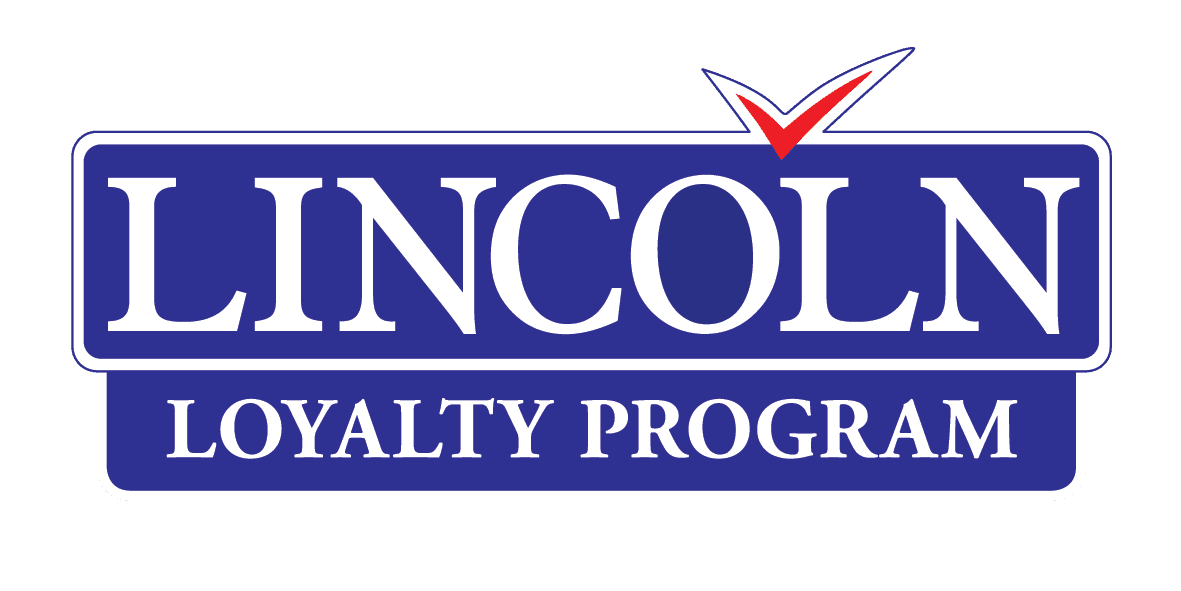In the realm of luxury automobiles, Lincoln has often found itself occupying a rather unique niche. The question, “Is Lincoln a good car brand?” emerges frequently, revealing a curious blend of skepticism and intrigue that surrounds this storied name. With a legacy steeped in American automotive craftsmanship, the allure of Lincoln goes beyond mere aesthetics; it encapsulates a lifestyle choice, an ode to elegance that resonates with a diverse array of drivers.
To comprehend the fascination with Lincoln, one must first delve into its rich history. Established in 1917, Lincoln has long been synonymous with American luxury. Throughout its journey, the brand has survived the tumultuous ebbs and flows of the automotive industry, evolving with the tastes of consumers while maintaining a steadfast commitment to quality. This ability to adapt while preserving brand essence is a hallmark of what makes Lincoln compelling.
One prominent observation about Lincoln vehicles is their distinctive, sophisticated designs. Each model radiates an air of refinement, characterized by clean lines and a striking presence on the road. For many, a Lincoln is more than just a mode of transportation; it is a statement of status and sophistication. Whether cruising down a city boulevard or navigating winding country roads, Lincolns exude a sense of confidence that is hard to match.
But it’s not solely about exterior opulence. Step inside a Lincoln and one is enveloped in an oasis of luxury. The interiors are meticulously crafted, utilizing high-quality materials, ergonomic designs, and cutting-edge technology aimed at enhancing comfort. With ample space, plush seating, and an intuitive infotainment system, drivers and passengers alike experience a heightened sense of tranquility. Indeed, these attributes make long journeys remarkably pleasurable.
Another layer that adds to the Lincoln allure is the brand’s commitment to innovation. In an era where technology plays a crucial role in the automotive experience, Lincoln embraces the latest advancements to enhance safety and performance. Features such as adaptive cruise control, lane-keeping assistance, and advanced infotainment systems reflect an understanding of contemporary consumer values. A Lincoln proudly marries tradition with modernity, appealing to seasoned drivers while enticing new generations.
However, the evaluation of Lincoln’s worthiness as a car brand also hinges on its performance metrics. Lincoln vehicles are often equipped with robust engines offering a balance of power and efficiency. The driving experience is characterized by a smooth, effortless glide, which is particularly appealing for those who value a serene ride. Feedback from enthusiasts often lauds Lincoln for delivering ample horsepower when called upon, alongside commendable fuel efficiency in newer models.
Moreover, exploring the reliability of Lincoln vehicles invites further discussion. Reliability is a critical factor for many car buyers, and while some Lincoln models have faced criticism in the past, recent offerings have seen marked improvements. The integration of durable components and extensive quality control measures reflects an earnest intention to bolster the brand’s reputation. This transformation is vital for instilling confidence in those who may be hesitant to invest in a Lincoln.
Considering the financial aspect, the value proposition of owning a Lincoln deserves attention. While luxury vehicles often command a hefty price tag, many consumers find Lincolns to be competitive within their segment. Excellent resale values, along with well-structured financing options, contribute to an appealing economic landscape. Such attributes make Lincoln not just a luxury purchase, but a practical investment for discerning buyers.
The Lincoln Loyalty Program further enhances the brand’s appeal, fostering a community among owners and providing benefits that resonate with lifestyle. This initiative goes beyond traditional loyalty rewards; it embodies a holistic approach to customer care, ensuring that Lincoln owners feel valued and engaged. Such programs cultivate brand allegiance, encouraging drivers to remain within the Lincoln family as they consider new purchases or upgrades.
As reflections on Lincoln’s appeal continue, it’s essential to address the nuanced tastes of luxury consumers. Many potential buyers are looking for a vehicle that is not only a means of transport but an expression of personal identity. Lincoln’s presence evokes a sense of nostalgia, boundary-breaking design, and craftsmanship that calls to mind a golden age of American innovation. This emotional resonance is a significant factor in the brand’s enduring fascination.
Moreover, Lincoln embraces a forward-thinking philosophy, actively incorporating sustainability into its production processes. As consumer preferences shift towards eco-conscious practices, the brand’s commitment to reduce its carbon footprint is increasingly significant. This dedication to green initiatives highlights Lincoln’s responsiveness to societal values, reinforcing the notion that luxury can coexist with environmental responsibility.
On the path of exploration, one cannot overlook the captivating stories associated with Lincoln. From its appearances in iconic films to being the vehicle of choice for dignitaries, Lincoln has crafted a narrative that transcends mere transportation. The brand speaks to a rich cultural heritage, highlighting the intimate connection between automotive history and American identity.
In conclusion, Lincoln’s allure is a tapestry woven from history, luxury, innovation, and emotional resonance. The question of whether Lincoln is a good car brand transcends mere specifications and features. It invites potential buyers to consider what they value in a vehicle. Is it the craftsmanship? The experience of driving? The brand’s narrative? Ultimately, Lincoln stands as a testament to American luxury and an enduring loyalty among its aficionados, making it a compelling choice for those seeking more than just a car—but a piece of history that resonates within the heart.
